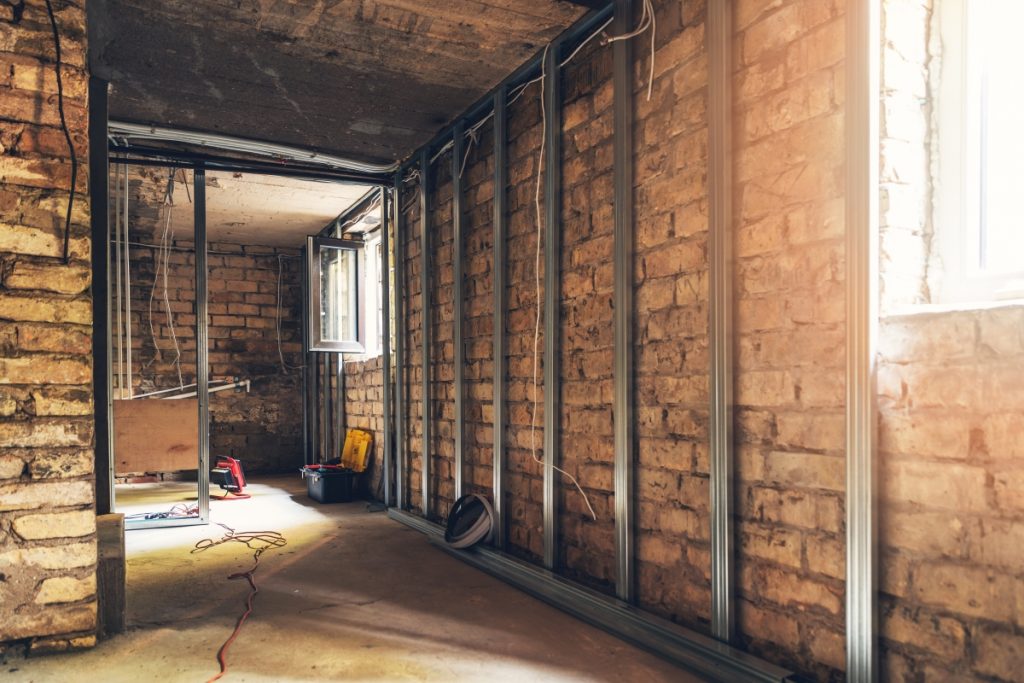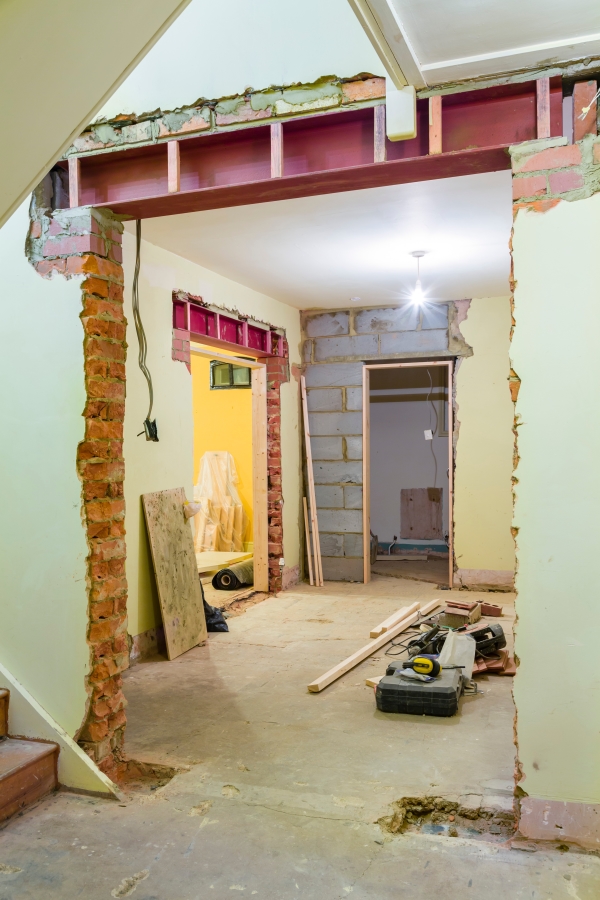If you have a renovation project to carry out on your home or property, there are many things you need to take into consideration. From builders, suppliers, costs and time, you need to ensure that you have everything coordinated for a smooth project. Insurance is probably one of the last things on your mind. However, it is one of the most important.
What happens if something goes wrong? What if someone gets hurt? Let’s find out what you need to consider in your Renovation Insurance.
1. Check if your home or landlord’s insurance will cover you
It is unlikely that your home or landlord’s insurance will cover you for the project (unless it is very small and superficial). Home insurers do not generally like renovations and particularly so the more structural ones. Some may even put a cap on the renovation cost, say £5,000. If this is exceeded, they will not cover you. It is imperative that you check with your insurer before commencing on any renovation project.
2. Take out renovation insurance
If your home insurer does not want to cover you, you will need to take out renovation insurance for the period of the project. Whether it’s for a month or more, you will need to insure the existing building plus the cost of the works for the duration of the project.
3. Communicate your plans to your home or landlord’s insurer
If you intend to do any structural work like renovations that might affect any load bearing walls, you must let your home or landlord’s insurer know. If something does go wrong and they aren’t aware of it, you could face the invalidation of your insurance and this has all sorts of repercussions afterwards.
4. Check your contractors’ insurance
Make sure that your builder and any other contractors working on your project have at least £2 million public liability insurance. This will cover any errors or unforeseen events like damage to your house or that of your neighbours.
5. Basement works requires a specialist
If you are doing any work or alternations to your basement, you need to make sure it is done by a specialist. Basement work is regarded as high risk by insurance companies due to water ingress and bad workmanship problems. A few years ago, there was a famous incident where a basement contractor was working to create a new basement for his client and the whole house collapsed. Thankfully no one was injured but this error had major financial repercussions.

6. Take out an Insurance Backed Guarantee (IBG)
What happens if your builder or contractor goes bust or ceases to trade? You will have no recourse for rectifications or remedial work. If they’re gone, who do you go against for botched work or problems? Any costs to rectify will come out from your own pocket. That’s why it is important to protect yourself with an IBG.
Many projects go wrong or result in being seriously overrun because of inadequate insurance cover. A dream extension or alteration can quickly end up in a nightmare. Avoid any extra costs by covering all your bases.
If you’d like any advice or are unsure of what insurance cover is best suited to your needs, call one of our experts. With over 30 years’ experience in all types of renovation projects, we’re here to help you.
Call us on 0207 731 3700 or email us.


